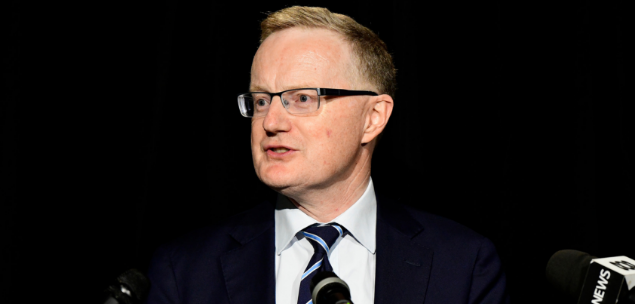The Reserve Bank of Australia has held the cash rate at a record low 0.75 per cent and had “surprisingly” little to say about the headwinds presented by the catastrophic summer bushfires and coronavirus crisis.
RBA Governor Philip Lowe has cited improved unemployment figures for December, low borrowing costs, recent tax refunds and improved property market indicators as reasons for holding in his announcement today.
Dr Lowe did acknowledge the looming economic impact of the summer bushfires and coronavirus outbreak, but BIS Oxford chief economist Dr Sarah Hunter said the absence of any further insight was noted.
“Surprisingly the board had very little to say about the impact of the bushfires and the coronavirus outbreak, other than to say that it’s not possible at this stage to know the full impact of the virus,” Dr Hunter said in a note on Tuesday.
Unemployment ballooned to 5.3 per cent in August and October before dropping to a nine-month low 5.1 per cent in the final month of the year.
Annual inflation climbed 0.1 per cent to 1.8 per cent for the December quarter, further boosting expectations that the Reserve Bank would delay a rate cut.
Ernst and Young chief economist Jo Masters said despite the encouraging domestic data in recent weeks – and RBA expectations that growth will be stronger this year than last – it was too early to be confident about signs of a “gentle turning point” in the economy.
KPMG chief economist Dr Brendan Rynne said the RBA was, on balance, correct to hold rates.
“But it must have been a tough call,” Dr Rynne said on Tuesday.
“Even before the twin perils of coronavirus and bushfires are factored in, the Australian economy had been performing relatively poorly, compared with recent history.”
Disappointing third-quarter GDP figures, underwhelming retail data, also added pressure since the board’s December meeting, with economists expecting the RBA to downgrade its forecasts accordingly in Friday’s Statement on Monetary Policy.
The RBA last cut the cash rate in October, the third of three cuts in 2019 in a bid to eat into labour market slack and kick-start a flagging economy.
As in previous statements, Dr Lowe left the door open for further cuts and “an extended period of low interest rates”.

